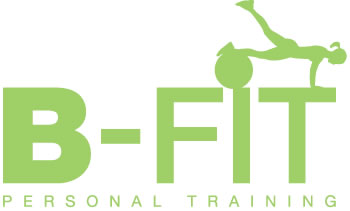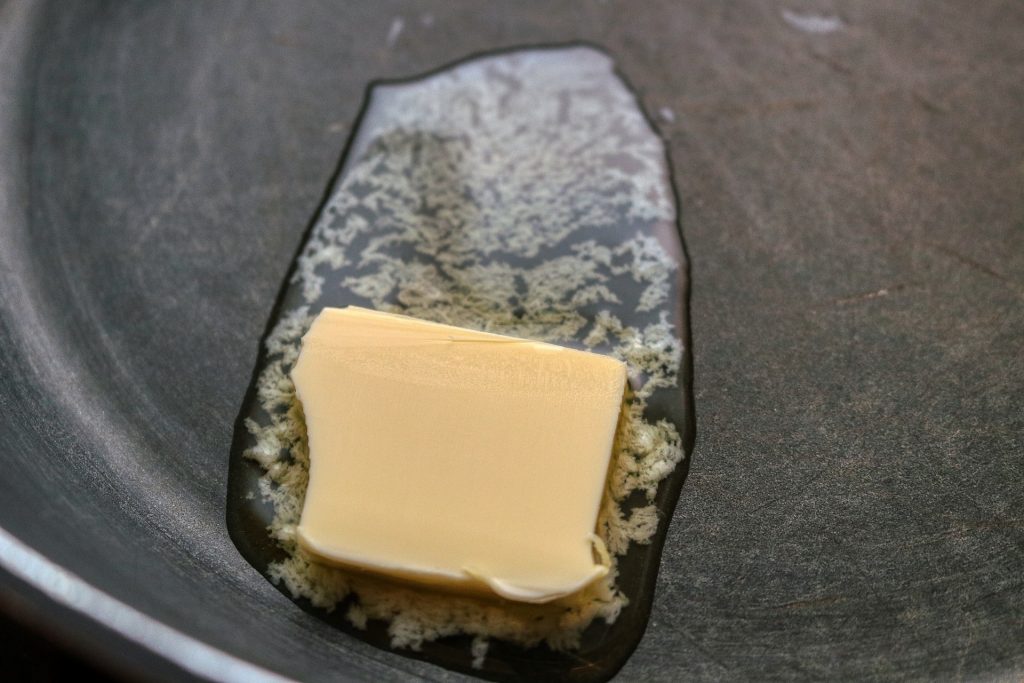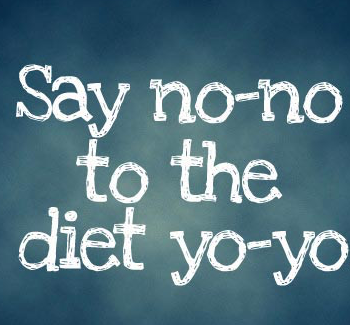In no way would I be surprised if you told me that you think fat is bad, especially if you’ve been on the yo-yo rollercoaster of faddy diets for years — which don’t work, by the way. That’s because the subject of dietary fats has received a bad reputation over the years, but this has been due to various misconceptions about nutrition, as well as outdated beliefs. And although it’s true that some types of fats, such as trans fats, have been associated with negative health effects when consumed in excess, not all fats are harmful. In fact, there are many fats that are essential for the proper functioning of the body and play a crucial role in maintaining your overall health. Have you ever had brain fog or moodiness when following a low-fat diet? That’s because your brain is composed of about 60% fat, which underlines the importance of consuming fat as part of an overall healthy eating regime. And it’s not just brain fog and mood swings — reducing your fat intake has risks that can also result in you experiencing heightened levels of anger, irritability and low moods, as well as increased stress levels among women, compromised heart health, hormonal imbalances, and increased insulin resistance and weight gain, which probably seems counterintuitive to what you’ve always been told.
One of the main reasons why fat has been demonised so much is the historical influence of scientist Ancel Keys, who popularised a hypothesis in the 1950s that dietary fat was a cause of heart disease, later putting his focus specifically on saturated fats being the most harmful. Keys’s research led to widespread recommendations by western governments for their citizens to reduce their saturated fat intake in order to prevent heart disease. However, more recent research has challenged his beliefs, suggesting that saturated fats may not be as detrimental to health as they have been thought to, as well as highlighted the fact that not all saturated fats are equal and that sources like coconut oil and organic grass-fed beef or ghee can be an integral inclusion to a healthy diet of whole foods.
Where The Bad Fats Are
In addition, the demonisation of fat has led to an increased consumption of processed foods that are not only high in sugar (to replace the satiating taste that fat like butter gives), but also contains unhealthy trans fats, the hydrogenated cooking oils and emulsifiers used in packaged food that help the ingredients from separating. Trans fats are also known to contribute to the rise in obesity and chronic disease rates, because they raise bad cholesterol levels, contribute to heart disease, strokes, type 2 diabetes due to how they affect insulin sensitivity, liver dysfunction and even Alzheimer’s, because they cause inflammation in the brain. So, where do you find trans fats? If you have margarine in your fridge, vegetable oil, pastries or bread in your cupboards or ice cream in your freezer, then it’s safe to say that they contain trans fat. Check the labels: if you see ‘mono and diglycerides of fatty acids’ in the list of ingredients, that’s another term for trans fat. Oh, and if you love a takeaway or cheeky trip to McDonalds, then you’ll also be consuming trans fat.
Yes, the US is known for its ultra processed foods, but a new study has found that us Brits aren’t far behind, being the biggest consumers of these extremely unhealthy foods in Europe. Frequently marketed as convenient, tasty and cost-effective options that you can eat on the go, ultra-processed foods are characterized by their elevated levels of trans fats, sugar and salt, coupled with low protein and fibre content, along with artificial colourings, sweeteners and preservatives. Popular examples include ready meals, ice cream, sausages, prepared chicken, ketchup, cereals, biscuits — in fact, ultra-processed foods are basically anything that you can buy from a supermarket shelf, fast food outlet or takeaway. They are as far away from whole food such as vegetables, fruits and eggs that you can get.
And then there’s rapeseed oil. Although rapeseed oil itself is free from trans fat, whenever it is processed at high temperatures, it can trigger the conversion of its numerous omega-3 fatty acids into trans fats. This process results in an imbalance between the omega-6 and omega-3 fatty acids, which can trigger responses that contribute to inflammation within your entire body. Using high pressure and solvents in the oil processing can also leads to the conversion of a portion of rapeseed oil’s omega-3 content into detrimental trans fats. These trans fats are notorious for impeding hormone production, compromising the immune system and causing harm to the adrenal glands. And the trouble with rapeseed oil is that you’ll find it in almost every product in all supermarkets, which is why you should always check the labels.
Seed Oils Aren’t What They Seem
Although seed oils are plant-based and promoted as being better for you than animal fats, they are also generally processed — for instance, did you know that margarine is basically one molecule away from plastic? Food manufacturers prefer using seed oils in their products, because it is far cheaper to use synthetic oils (that your body can’t process properly) in their products rather than healthier oils like butter, coconut oil and lard. The trouble with most seed oils, however, is the fact that they contain high levels of omega-6 fatty acids, which are known to increase the risk of cardiovascular and heart disease. One omega-6 fatty acid in particular, linoleic acid, has been proven to cause inflammation in the body’s cells and this can contribute to health issues from acne, infertility and weight gain to some cancers.
And although some scientific research claims that the oil from the seeds themselves may not be a problem, most nutritionists are on the same page about the fact that the high levels of omega-6 fatty acids and the refining process of the seed oils do contribute to health problems if they are over-consumed. Their criticism comes from the fact that seed oils are highly processed and commonly used in ultra-processed foods, which can contribute to health problems. The refining process of seed oils also involves bleaching and deodorising, which can strip the oils of their natural antioxidants and health benefits.
While some advocate for avoiding seed oils and replacing them with organic grass-fed animal fats, cold-pressed extra virgin olive oil and coconut oil, others argue that seed oils play a role in providing essential fatty acids like omega-6, because these unsaturated fats are important for energy, organ protection, nutrient absorption, regulating body temperature and hormone health.
What all this means is that understanding the nuances of different types of fats and their effects on health is crucial for making the most informed dietary choices, because they are an integral part of a balanced diet and play vital roles in various bodily functions. So, by choosing healthy sources of fats, you can enjoy the benefits of what fat can do without falling into the trap of unnecessary fear or restricting yourself to low-fat foods. Don’t miss my next blog, Fat Chance — Part II, to find out what healthy fats you should be including in your daily meals and how they can actually help you to fight the flab!!!
Love, Gaynor x





